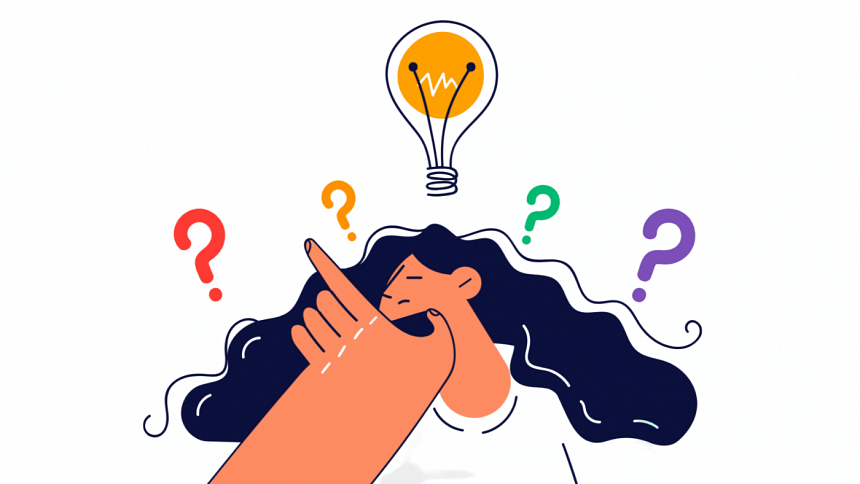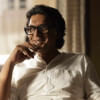The woes of a critical thinker

My friends have told me that they can no longer watch or discuss movies and TV shows with me, so I am effectively barred from movie nights and Netflix parties. My tendency to overanalyse situations and be overly critical seems to be the root of all my problems. It has turned into a curse that taints everything I do, from my favourite pastimes to daily activities.
Being able to analyse critically has been given a lot of weight in academic circles. It is the cornerstone of intellectual growth and new discoveries. To make good decisions and come to well-informed conclusions, you need to be able to question, analyse, and evaluate information. However, critical thinking is no longer confined to the classroom for me, rather, it has seeped into every facet of my life and influenced how I approach every situation.
Critical thinking has become second nature to me at this point. I just can't help myself. It's not that I enjoy being a buzzkill, it's just how my brain works. I find it fascinating to analyse every nuance, be it through entertainment or academia, but doing that robs me of the simple pleasures of life. Initially a refreshing break from the humdrum routine, this activity has devolved into a tedious game of "flaw-fishing".
My analytical mind is constantly at work, whether I am trying to decide what to eat for breakfast or trying to decipher the hidden meaning of a friend's casual remark. When I keep turning choosing a restaurant into an exercise in analysing online reviews, menus, and dietary preferences, or reading between the lines of a text message into a mental workout looking for subtexts, my brain has little space to process how this affects my surroundings.
I have to fight the impulse to point out problems with anything I try to get really absorbed in. I turned into the worst nightmare of any fandom – a walking compendium of irrelevant facts and contradictions. So, there I was, heading to the theatre with my squad, ready to catch a flick. Despite their enthusiasm for the story and the characters, I couldn't help but scrutinise the work on a microscopic level, looking for flaws in the characters, holes in the storyline, and delving deeper into the premise. I noticed that the storyline didn't make sense and that some of the characters didn't seem to have good reasons for what they did. In a valiant attempt to preserve peace, I succumbed to an overwhelming urge to voice my thoughts about the missing pieces immediately, which ended up dampening the whole evening.
Unfortunately for my emotional and mental health, I have no idea how to get out of my own head. As a result, I question and second-guess everything, which can seem off-putting to those around me. I tend to get carried away pursuing topics that pique my interest, but I sometimes forget that not everyone shares my enthusiasm. I am still getting better at knowing when to say what is on my mind and when to just listen in a casual conversation. While introspection is essential to development, it is easy to wear oneself out by dwelling on what-ifs and conspiracies.
Critical analysis is like a double-edged sword because nothing in the world can be defined by predetermined standards of perfection. Prioritising logic over emotions can dismiss subjectivity, which limits our vision. Therefore, despite being a self-proclaimed critic, I am trying to find balance and enjoy simple pleasures. It is okay to be spontaneous and suspend disbelief sometimes – not everything can be put into a pros and cons list or a colour-coded spreadsheet.
Joyeeta has been yelling a lot lately; pacify her at [email protected]

 For all latest news, follow The Daily Star's Google News channel.
For all latest news, follow The Daily Star's Google News channel. 








Comments